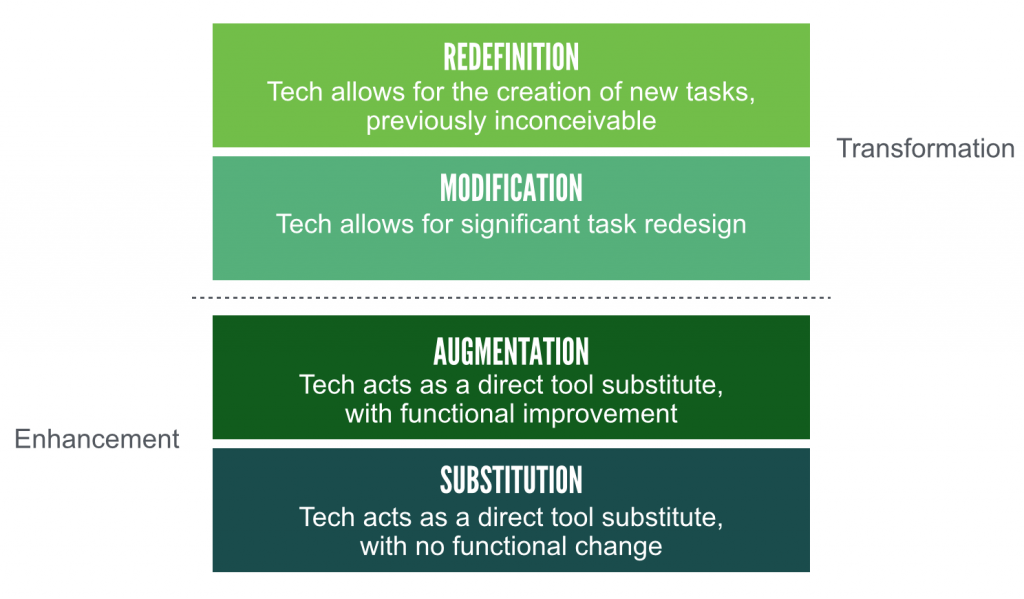TL;DR: Open Badges have hit a tipping point and no longer need my ‘evangelism’. This is to be celebrated. What’s needed now is the dynamic and differentiated use of the technology to effect real change. This is why I’m continuing my work with organisations as an Open Badges strategist and change-maker.

Almost exactly five years ago, I stumbled across a pilot being carried out as a collaboration between the nascent Mozilla Learning team and P2PU around Open Badges. It’s fair to say that this discovery, made while I was doing some research in my role for Jisc, altered the course of my professional life.
As an educator, I realised immediately the immense power that a web-native, decentralised, alternative accreditation system could have. I carried out more research, talking about Open Badges with anyone who would listen. This led to me being invited to judge the DML Competition that seed-funded the badges ecosystem and, ultimately, to being asked to work for Mozilla.
I’m not going to turn this post into a blow-by-blow account of the last few years. This is a time for looking forward. That’s why I’m happy to say that, as of today, I no longer consider myself merely an Open Badges evangelist, but an Open Badges strategist. I’m interested in working with people and organisations who are looking to implement Open Badges in new and interesting ways.
What do I mean by that? Well, here’s a few examples:
- Building badge-based ‘playlists’ for learning (with an emphasis on diversity and co-creation)
- Developing new extensions and ways of using the standard in informal learning contexts
- Scaffolding participation and activism through badges that ‘nudge’ positive behaviours in individuals and groups
One way of looking at this is to use Ruben Puentadura’s SAMR model, which I cite in my book The Essential Elements of Digital Literacies:

There’s some interesting preliminary work I do with clients around ‘Augmentation’ but, as quickly as I’m able, I try to get them to think about the top two tiers of the pyramid.
If you’re an organisation looking for mere ‘Substitution’, then Open Badges ecosystem is now developed enough for you to do this by yourself. It’s never been easier to use one of the many badge issuing platforms to simply digitise your existing credentials. There’s documentation around how to get started all over the web, including the Open Badges 101 course that Bryan Mathers and I have curated during our time working with City & Guilds.
I’d challenge organisations and, in particular, universities, to go beyond what they’ve been able to do for the last few hundred years, and think about how to do true 21st-century credentialing. This is a situation where forward-thinking businesses, charities, non-profits, and institutions are in a strong position to drive not only organisational change, but societal change. The nature of hiring and onboarding, for example, can be entirely changed and revolutionised through a fresh look at how we demonstrate knowledge, skills, and behaviours to others.
Over the next few months, I’m looking to build on my doctoral thesis and the work I’ve done over the last few years, to help clients identify, develop, and credential digital skills. If you think I may be able to help you, then please do get in touch: [email protected]
Image CC BY Ian Carroll


